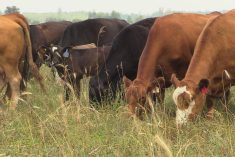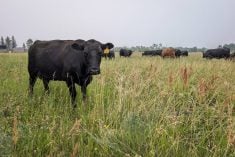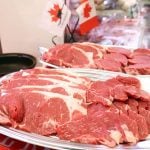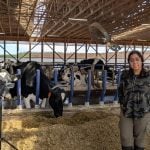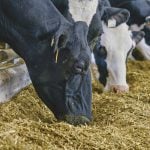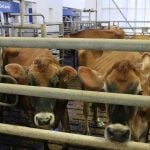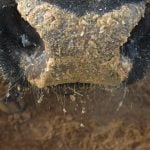An Ontario firm developing a vaccine expected to cut down the amount of harmful E. coli bacteria in cattle and cow-pies is now eligible to get a conditional license for the vaccine’s use by U.S. cattlemen.
The company announced Tuesday that the U.S. Department of Agriculture now finds the data from Bioniche Life Sciences of Belleville, Ont., “meets the ‘expectation of efficacy’ standard” for a license to be granted.
A conditional license, if granted, would be a boon for the Ontario company, which is building a $25 million expansion of its plant at Belleville to ramp up production of its E. coli O157:H7 vaccine to commercial levels.
Read Also
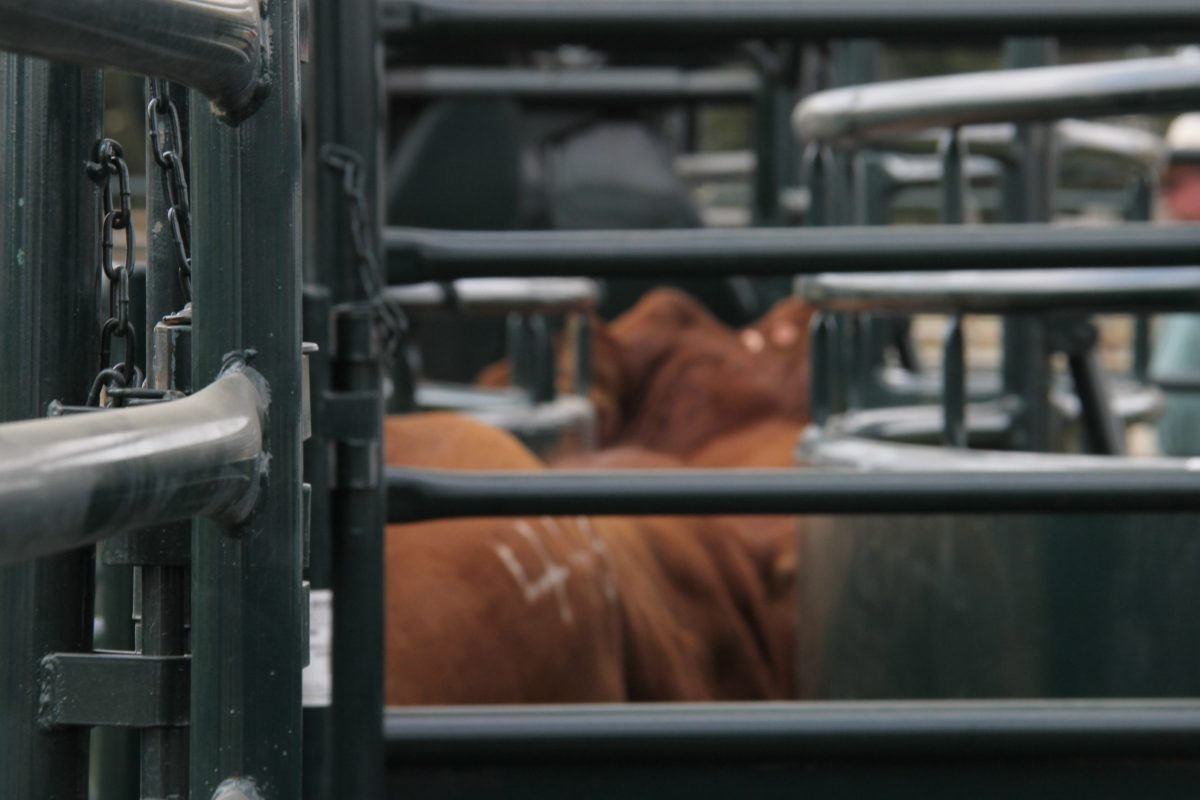
U.S. livestock: Feeders continue to fall; live cattle level out
Chicago live cattle futures leveled out to finish on either side of unchanged, Tuesday, after days of precipitous declines. Feeders…
However, to get its access to the potentially lucrative U.S. market under such a license, Bioniche must agree to allow “at least one step” in the manufacturing process to be done in the U.S. until a full license is granted.
To start providing vaccine to U.S beef and dairy cattle producers, Bioniche will need to produce three validated production lots, which will be filled in the U.S., the company said.
Bioniche also won’t be allowed to use a trademark name for the vaccine in the U.S. until full licensing is granted.
Furthermore, USDA will also require Bioniche to develop a plan that would allow it to gather the data it needs to apply for a full license.
USDA in October had denied Bioniche a license, citing data from a 2006 field use study of the vaccine by the University of Nebraska. Bioniche said at the time that it would hand over more statistical analyses and rationale and said it would take on further studies in 2008 if need be.
“The vaccine is especially novel in that it reduces shedding of an organism that, while potentially lethal to humans, causes no disease in cattle,” said Bioniche CEO Graeme McRae in Tuesday’s release.
“As a result, it was particularly challenging for regulators — understanding the many implications of this vaccine as a tool in reducing the shedding and colonization of E. coli O157:H7 in cattle.”
Some cattle operations in Ontario and Saskatchewan have already used the Bioniche vaccine on their animals, through a “conditional authorization” permit granted by the Canadian Food Inspection Agency (CFIA) while the vaccine is under review here.



